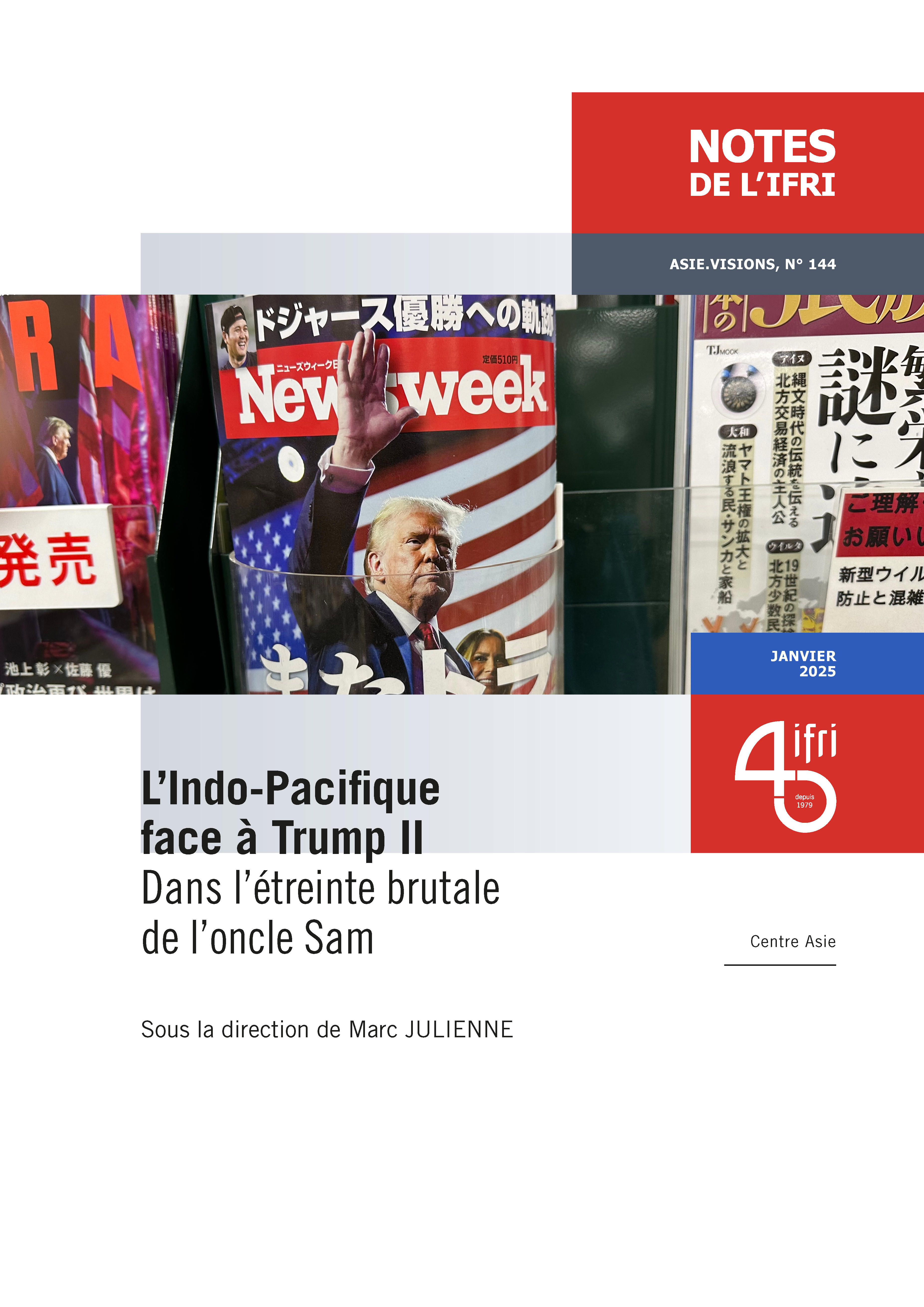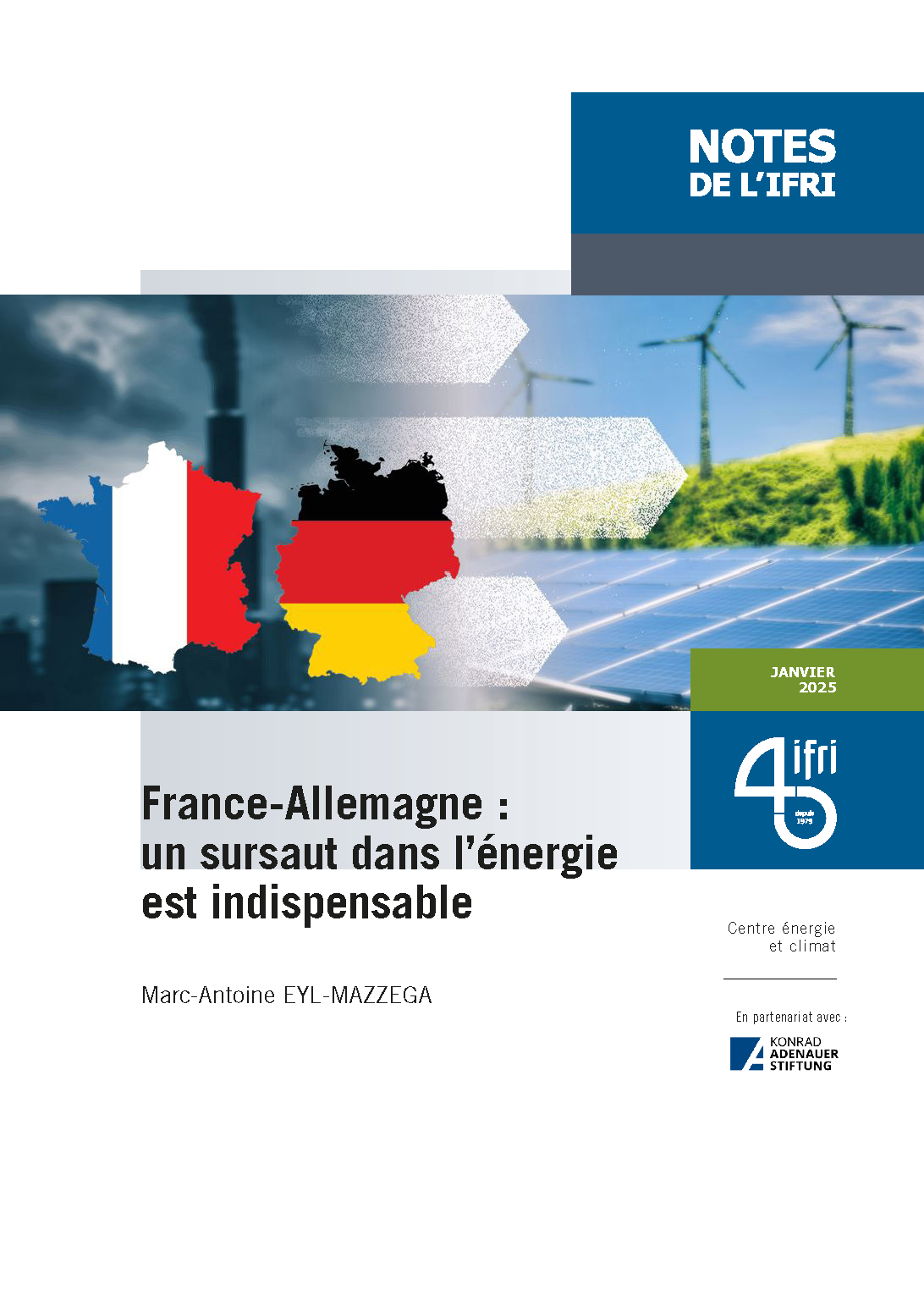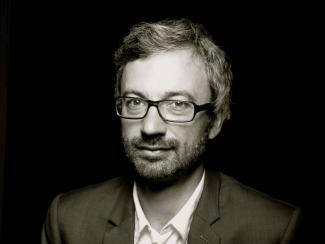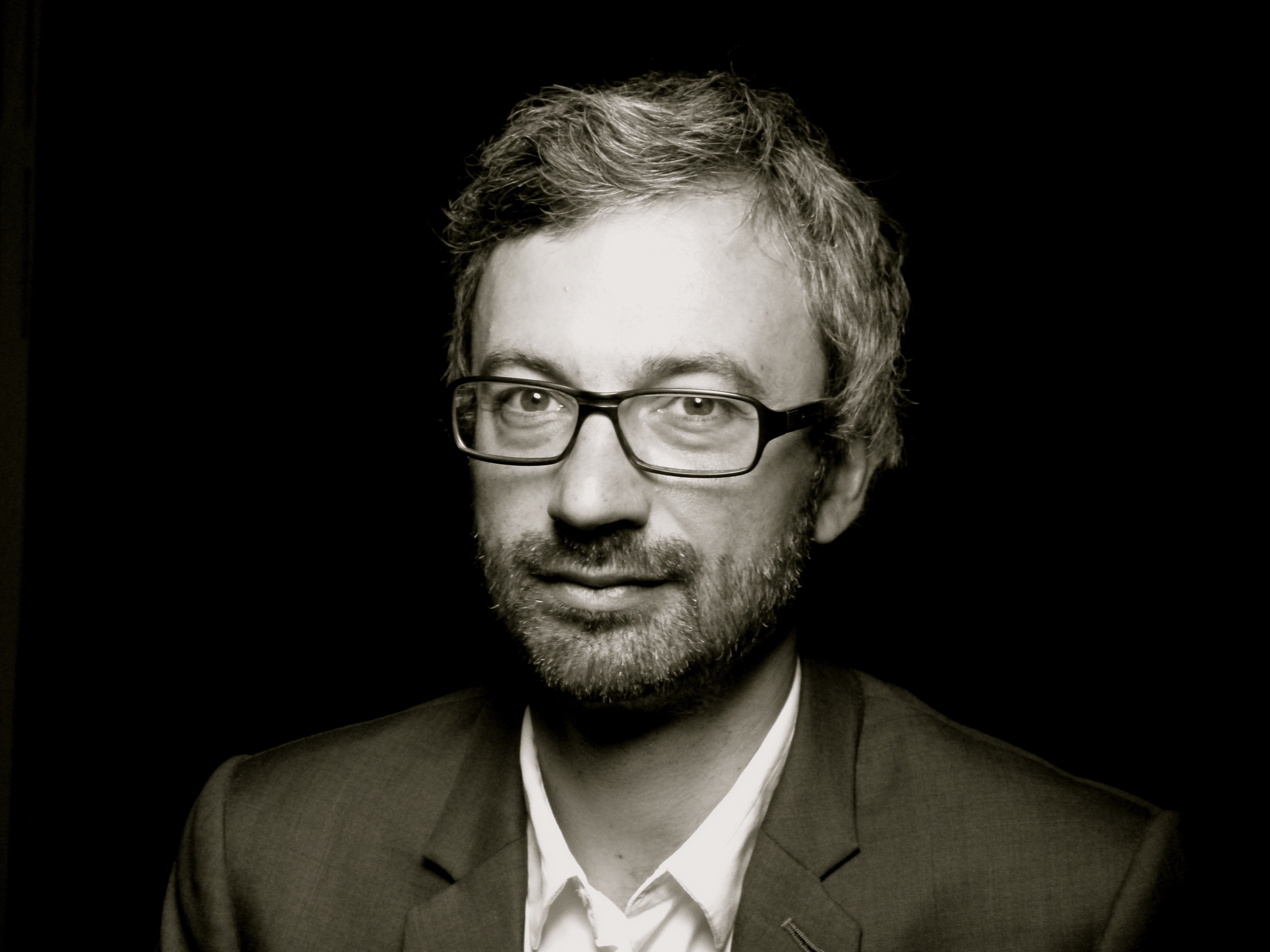“It is Easier to Change Your Mind in Small Communities” – Resettling Refugees in Rural Areas in France
Smaller municipalities and rural areas can be places where refugees are welcomed and where they can integrate more easily. People living in rural areas are very proud of their towns and often make an effort to mobilize and include newcomers in their communities.
These are some of the findings of the study “Another Story From the Refugee Crisis”, published by the French think-tank IFRI (Institut français des relations internationales) in partnership with the SHARE Network. ICMC discussed the study’s findings with its author, IFRI researcher Matthieu Tardis.
The study looked into refugee resettlement in rural areas in France through interviews with representatives from institutions, NGOs, volunteer groups and local politicians in 14 of the country’s 102 administrative regions. The interviews were complemented by round table discussions organized by the SHARE Integration Network to analyze preliminary results.
The SHARE Integration Network provides a platform for exchange and learning amongst local and regional actors working on or considering refugee resettlement. It advocates for greater and better resettlement and other complementary admission pathways in Europe. The network was established in March 2012 and is led by ICMC Europe.
France is welcoming 10,000 people in 2018/2019 as part of a European Union program to resettle 50,000 vulnerable refugees. It is one of the countries which will reach its target by the end of this year. Many refugees who have arrived in France have settled into smaller towns and rural areas where some of the challenges of bigger cities, such as affordable housing, are less prevalent.
[ICMC] What are the main findings of the study “Another Story From the Refugee Crisis”?
[Matthieu Tardis] The first finding is that rural areas are fitting spaces of integration and welcome. They are lands of opportunities for refugees. This finding completely overhauled general misconceptions about rural areas. The level of local communities' mobilization was particularly striking – it showed an outstanding acceptance and welcome of foreigners and of diversity.
This does not mean that there are no challenges. For instance, the lack of transportation and social services in general, and of health providers in particular, are substantial disadvantages, especially considering that many resettled refugees are survivors of traumatic experiences who require constant care. However, even these challenges can be compensated for by community mobilization.
The study’s second finding was that refugees are not alone in experiencing difficulties in regard to transportation or social services. These are challenges faced by the entire community. We need to remember that rural areas have an unusually high percentage of elderly inhabitants and that access to healthcare and proper transportation is an important issue for them too.
This finding made us realize how important it is to involve the whole community and to avoid creating solutions just for refugees or migrants. If we want to address issues faced by refugees, we need to address broader issues of social and territorial cohesion – at least as far as French rural areas are concerned.
Access to the job market can also be a substantial problem in rural areas. Did you look into this aspect?
Yes, we did, and in this regard, we were very positively surprised. Contrary to the belief that there are no employment opportunities in rural areas, there is in fact a significant lack of workers, precisely because these areas are perceived as unattractive.
Because of the strong social networks in rural areas, refugees can find employment much more easily. It can be through word-of-mouth or personal contacts, but in most cases, refugees don't need to go through the complicated “CV and cover letter” application process. Such a process would inevitably disadvantage them since they are new to the system and often have not yet acquired a good level of French. Instead, they are hired directly by someone who just needs workers.
We even found that people often prefer to hire refugees rather than European migrants since the latter tend to go back home after carrying out the job, while refugees settle in the area. Because social networks are so important in rural areas, employing people who live there is preferable. Employers know whom they are hiring, and employees are inhabitants of the region. Social networks are thus good drivers of social and economic integration.
Are there any specific jobs refugees are hired to do?
Not really, no. It mostly depends on the different needs where they settle. They might work in agriculture, the wine industry, manufacturing goods, the hospitality industry. Generally, though, it is mostly low-skilled jobs.
This is not because there are no high-skilled jobs available in rural areas, but rather because refugees are not yet fluent enough in French or don't have the qualifications for such higher-skilled jobs. And this points to a possible next step: how can we ensure that refugees have access to the training, specialization and adequate French language courses necessary to obtain high-skilled jobs?
Were there any negative attitudes towards refugees in the communities that you surveyed?
Yes, of course, there were some places that didn't want refugees. However, these were absolutely a minority. At least in the sample we surveyed, the overwhelming majority were positive experiences. And even when there were negative experiences or precisely because of them, communities mobilized to support the refugees resettled in those areas.
As someone I interviewed told me, “In small communities, it is easier to change your mind.” People may have negative first impressions, but they will end up getting to know each other; and chances are that it will be a positive exchange.
One aspect that became very clear is how important it is to ensure that the community is involved. The mobilization of citizens is indeed one factor transferable to large city settings – probably at the level of neighborhoods. And that is something that we are already seeing, even in Paris, where people mobilize in support of refugees and asylum-seekers.
Access to the labor market could be another aspect. How can we bring companies closer to refugees? We may need to develop more structured programs – where employees of established companies are directly involved in the reception of refugees – so that we can create the same social networks that work so well in rural areas. Again, this is also already happening at some level, with mentoring programs, for example.
To what do we need to pay special attention to move forward?
Going back to the second major finding of the report, we need to address the situation of the entire society and not create competition for local services and programs. Receiving and welcoming refugees needs to be a win-win situation. One in which not only will refugees benefit from being resettled, but the entire community will also benefit from increased attention to everyone’s needs and, hopefully, from an ensuing increase in available services.
Another important point that became clear was that when mayors were actively involved in refugees’ resettlement, the overall process was better and smoother. When mayors themselves activated the local network – associations, NGOs, citizens – it made a big difference in the reception of newcomers. However, many mayors were not in favor of welcoming refugees, especially when the program started.
So how can we persuade more mayors to participate in the resettlement of refugees in their communities?
One way could be that those mayors who have already agreed to the program become spokespersons of sorts. They can share their experiences, talk about challenges and opportunities. We expect our study to play a large part in promoting this approach.
At the same time, communities also need to be more at the center of reception policies. I cannot stress enough that mobilizing local communities is key. We need communities and cities at the heart of reception policies.
Sometimes, especially in the NGO world, we can get very technical and forget that refugees will actually resettle in local communities. Bringing cities and local actors to the heart of resettlement activities and practices is what the SHARE network is doing and needs to be be done more.
Read the interview on ICMC Website

Média
Partager











